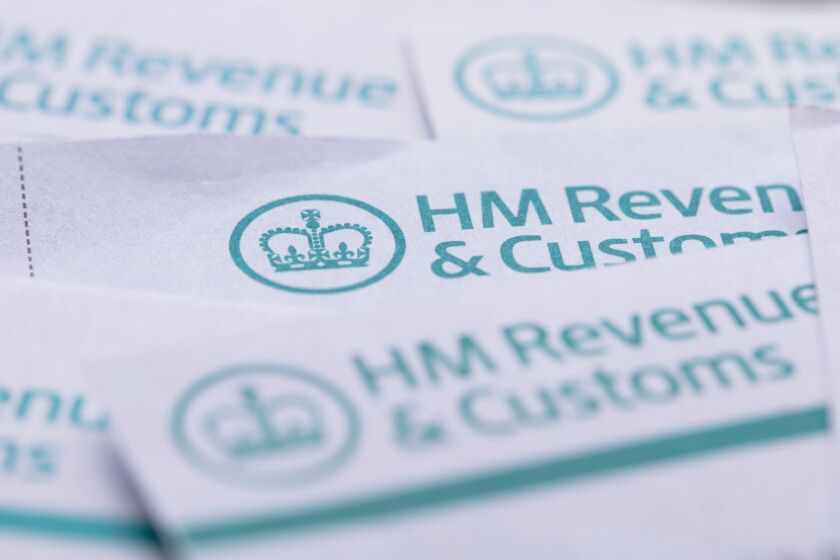HM Revenue and Customs announced on Tuesday, June 14, that the UK pillar two legislation will be pushed to accounting periods beginning on or after December 31 2023.
The government said delaying the legislation would allow more breathing time for businesses that would “benefit from progress on international process”, while ensuring the UK remained at the forefront of these reforms.
The news comes after a consultation led by the UK, in which respondents raised areas of concern.
Many stressed the need for more time before the policy is implemented. Policy and administrative issues mean businesses will need to be prepared and build systems to ensure they are compliant.
More than 130 jurisdictions have agreed on the global minimum tax framework set out by the OECD in October 2021 in a bid to tackle tax challenges arising from the digital economy.
However, countries have also shown their reluctance over time and lack of ambition in adopting the pillar two proposal.
While the UK has already been criticised for failing to push for a higher global tax rate following discussions with the US, this new deadline may strengthen its objective of taxing multinationals at an appropriate rate.
IMF warns governments against VAT cuts to fight inflation
As ITR reported this week, the IMF has advised governments against cuts to VAT on food and energy products as global inflation soars and countries battle a worsening cost-of-living crisis.
Cutting VAT rates would risk depriving governments of much-needed tax revenue, the IMF warned in its June 7 report, called Fiscal policy for mitigating the social impact of high energy and food prices.
“A general reduction in taxes…results in the loss of significant revenues when these are most needed,” the report said.
The Washington-based organisation highlighted that inflation along with lower price elasticity of demand for food and energy would cause government revenues to increase. This in turn would enable nations to provide targeted support for vulnerable households.
Matthias Luther, associate partner for indirect tax and a lawyer at EY in Hamburg, said he agreed with the IMF’s view. He suggested that cuts to VAT can also be an administrative burden for businesses.
“We just had a temporary VAT cut in Germany, which was a huge burden on entrepreneurs and tax authorities with limited effect on the economy,” said Luther.
He said businesses are already stretched trying to deal with economic headwinds and the last thing they need is the distraction of increased VAT compliance.
Yet the IMF also recognises that a temporary reduction in VAT and excises is a fiscal tool that many governments have used to protect their populations from higher prices too.
Secret Netflix settlement raises permanent establishment issues
In other ITR news this week, taxpayers said the concept of permanent establishment in Italy is vague after Netflix settled a $59 million tax avoidance case with authorities.
In-house specialists are concerned about the scope of PE rules in Italy and whether local authorities are analysing data in Netflix’s disclosures to find the right amount of tax due, following the company’s settlement in a dispute.
The Italian tax authority, Agenzia delle Entrate, had claimed Netflix should have paid more taxes in Italy because it relied on servers and a digital infrastructure to deliver content to local users. The claim came amid EU efforts to levy digital taxes on other large technology companies.
Netflix reportedly settled the investigation on May 20, but the deal is drawing fresh concerns from tax professionals on whether cables and servers legally constitute a PE in the EU. Tax investigations against Apple and Amazon show that the Italian authorities have successfully argued servers are a form of PE.
Other headlines this week include:
Businesses must review functional analysis of entities amid inflationary pressures
IMF warns governments against VAT cuts to fight inflation
Italy’s TP circular strengthens need for robust comparability analysis
German metaverse VAT exemption lacks clarity, say tax experts
Tax directors expect high tech costs in new UAE regime
Next week in ITR
Next week, we will look at how tax directors are reacting to the UK government’s publication of the Northern Ireland Protocol Bill. This aims to give London powers to override parts the UK-EU agreement and the Northern Ireland Protocol, as well as making changes to the Northern Ireland VAT regime.
Elsewhere, ITR will be looking at how corporations are continuing to use Libor as a benchmark rate despite its cessation, expected in June 2023. The transfer pricing implications could be significant for businesses.
We will also be writing about a recent uptick in large in-house tax teams hiring tax technologists to manage data-driven compliance changes.
Meanwhile, ITR will be interviewing Peter Barnes, president of the International Fiscal Association, about the future of global tax policy.
Readers can expect these stories and plenty more next week. Don’t miss out on the key developments. Sign up for a free trial to ITR.














